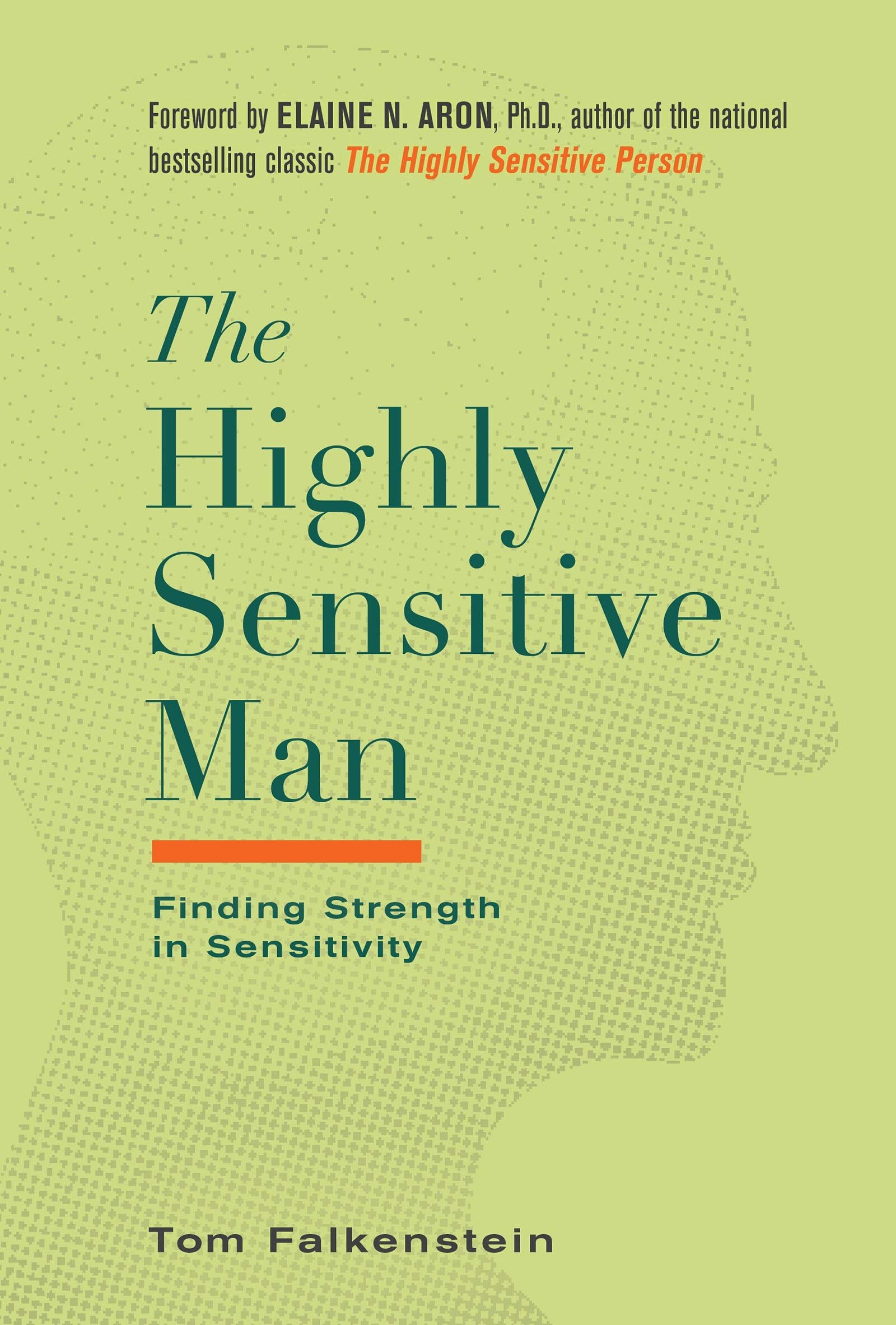The Benefits of Being Sensitive
Men, it must be said, are not generally noted for their sensitivity.
When asked questions like ‘why are you so sensitive?’ it‘s seldom meant in any sort of complementary way, and while we’re beginning to see progress in attitudes towards masculinity, we still have many barriers to dismantle.
When Elaine Aron published her book The Highly Sensitive Person in 1996, it put into clinical terms something many people already believed applied to them but had previously been unable to name. Sensory processing sensitivity, as it has since been formally identified, refers to “an increased sensitivity of the central nervous system and a deeper cognitive processing of physical, social, and emotional stimuli.” Put simply, highly sensitive people feel more than the rest of the population and are more affected by stimuli such as pain, loud noises, and even other people’s moods. Aron’s book was a huge success, selling over a million copies since its release and now, two and a bit decades later and under Aron’s tutelage, Tom Falkenstein has delved into a new, timely angle on the subject.
Sensitivity is often equated with softness, cowardice and other traits traditionally deemed ‘unmasculine,’ and even when not actively ridiculed, it’s rarely spoken about as a desirable quality for men to possess. We’re encouraged from an early age to develop thick skins, brush off both physical and mental pain, and to ‘man up.’
Ultimately, this ‘man up’ culture is to our detriment.
One only has to look at the gender disparity in suicide rates and the extraordinarily high number of male-perpetrated violent crimes around the globe to see that this stiff upper lip mentality has had a profoundly detrimental effect on the lives of men—and everyone who has to live with men—everywhere.
While I’ve been a strong proponent of such shifts in thinking, I must confess: high sensitivity is a subject on which I was largely ignorant prior to Falkenstein’s book.
Somewhat ironically, I now realise I exhibit many tendencies of a highly sensitive person. Frequently, while reading, I found myself feeling truly represented in his descriptions of high sensitivity to the extent that at points it felt almost revelatory: a realisation that I could now put a name to things I had been feeling my entire life.
Looking back on my childhood, high sensitivity is undoubtedly a label that would have applied to myself: harsh words from a fellow student or teacher always seemed to hurt me more than many of my peers, and I was terrified of being told off as even a relatively gentle reprimand would leave me feeling humiliated and wanting to cry. The ongoing issues I have with anxiety and depression today are likely exacerbated by my sensitivity too, which Falkenstein notes is far from uncommon.
Alongside accessible descriptions of the various ways in which high sensitivity presents itself, The Highly Sensitive Man is first and foremost a self-help book, and Falkenstein intersperses practical advice and coping mechanisms with short, enlightening interviews with highly sensitive men. It’s always comforting to know you're not alone in your feelings, and the smart, considered questions and responses leave you thinking ‘this isn't so bad.’
Particularly encouraging is the focus on the myriad of ways high sensitivity can be a positive thing: for all its drawbacks, the highly sensitive are undoubtedly a force for good in a world whose population sometimes seems desensitized to its abject horrors.
I may no longer worry about teachers shouting at me, but I do spend a great deal of time thinking about the climate crisis and the ugly state of global politics. While this is hardly a joy, I can’t help but feel if more of us experienced this same level of concern, we might actually confront these problems head on and work towards some sort of resolution.
On top of that, the flip side of my increased angst is that I also feel more intensely the love which surrounds me, and I take enormous pleasure in my modest home and strong relationship with my wife.
Knowing what I know now about high sensitivity, I’m not sure I’d trade this for the alternative.
And if any of this sounds familiar to you or someone you love, The Highly Sensitive Man is vital reading.
Jack Urwin is a Toronto-based British writer and activist whose work has appeared in the Guardian, VICE and the Literary Review of Canada. His first book, Man Up: Surviving Modern Masculinity, explores the wide-ranging societal harm caused by toxic masculine behaviour.
As part of our NGM value of Curiosity, we regularly set goals to encourage ourselves to make time for reading. Read with us at NGM Library.

